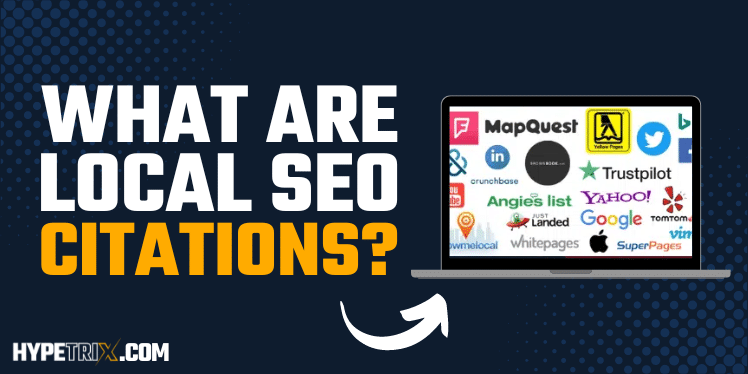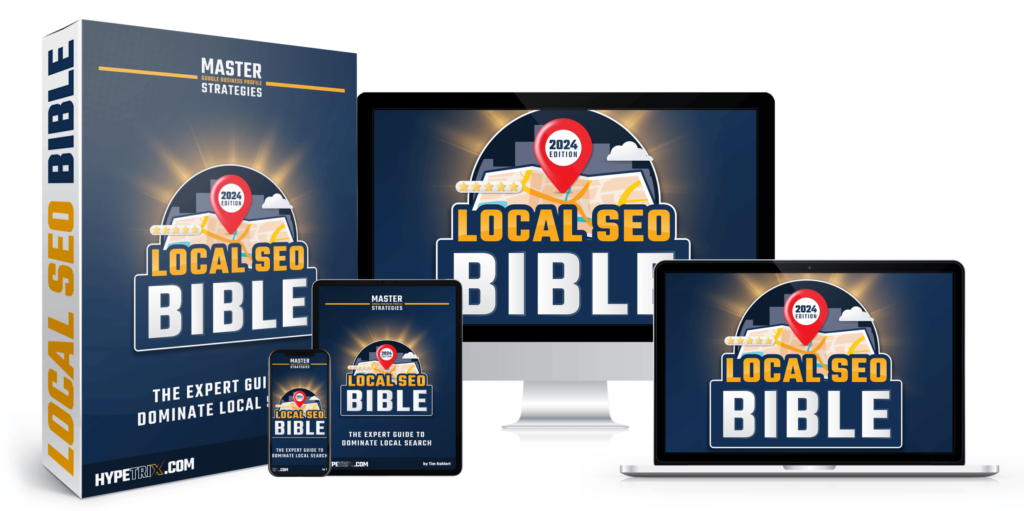What are local Search citations?
Local SEO citations refer to the mention of a business’s name, address, and phone number (commonly known as NAP) on online directories, general websites, or social media networks. Google’s local search algorithm considers this business information on these external sites to ensure its relevance and accuracy on the Google Business Profile.
Why are citations important?
Local SEO citations help improve local search engine rankings by validating a business’s existence and location. When search engines like Google find multiple, consistent mentions of a business, they view it as more credible and relevant to local search queries. This can lead to better visibility in search results, especially in local searches or maps.
5 Reasons Why a Business Needs Citations
- Google uses NAP data from websites to improve a local business’s visibility.
- Local search citations on reputable sites can help increase visibility and lead relevant traffic to your website.
- If your business name, address, and phone number are consistent across different sites and directories, it can increase customer trust and lead to more business opportunities.
- Listing your business on local directories can help you secure a spot on Google’s first page, preventing similar businesses from claiming those spots.
- NAP citations can help people find your business online. Different people use different platforms.
Types of citations
There are two types of citations: structured and unstructured citations. I’m going to explain to you these two types:
1. Structured Citations
Structured citations are the most common type of local SEO citations. They refer to business listings on external sites, especially online directories.
You can build structured local citations on the following sites:
- Search engines: Google Business Profile, Bing Places
- Social media networks: Facebook, LinkedIn,
- Major directories: Yelp, Trustpilot, YellowPages
- Local directories: Chamber of Commerce, bbb.org
- Industry-specific sites: Angis, HomeAdvisor
- Aggregator sites: Foursquare, Neustar/Localeze
- Owned properties: Website footer, contact page

2. Unstructured Citations
Unstructured citations refer to mentions of a business on a webpage, but the data is not presented in an organized format. This is common when a business is cited in an online news article or a blog post. Examples of unstructured citations would be:
- “Check out Custom Patch Hats LLC at 1505 Capital Blvd, Bay 14B in Raleigh or call 631-444-8888.”
- “B-Wear Sportswear has opened at 1001 Manhattan Rd, NYC”
- “You can call Classic Plumber via 631-222-3333”
- “[text], [image], name, address, phone” on a “best local businesses in [area]” article

How many citations do you need?
Listing your business on all relevant sites and business directories that can bring in new leads is recommended. You don’t need to be listed on hundreds of low-quality directories. When researching potential structured citation sources, try to find sites that rank for the exact keywords as your business on Google’s organic search results pages. That makes sure the sites can bring in relevant traffic. Check out my list of niche directories to build citations on.
How to build local SEO citations?
You can build citations manually or hire someone to do the work for you. In most cases, it’s not worth doing it yourself. The cost for 100+ citations on Fiverr is around USD20. Building 100 citations yourself would require a lot of time and effort.
Manual Citation Work
If you want to build citations manually, here is what you need to do:
- List your business on major directories like Google Business Profile, Bing Places, Yelp, And Facebook.
- Add local directories to your list. Search for “directories in [area]” or “[area] business directories” on Google to add your NAP. Typical local directories are Local Chamber of Commerce like manhattancc.org or bbb.org.
- List your business on sites and directories related to your business industry. For example, Tripadvisor is a vital business directory in your niche if you’re a restaurant.
- Be sure to keep your business information consistent across all sites, such as your name, address, and phone number. If your business information changes, update it on all sites.
Hire a Citation Builder
If you need a more sophisticated service to do it for you, check out the following platforms. They can help you create and update existing citations.
Provide More Information
Your name, address, and phone number are the main data points you should list on directories and sites. However, you can add plenty of information to your listings to make them look more professional. Here is a list of data points you can add as well:
- Email address
- Social media profiles
- Business category
- Website URL
- Business hours
What if you have NAP inconsistencies?
Keeping your NAP consistent across all sites makes sure that Google knows that a specific listing belongs to your business. Many directory databases contain duplicate names, past addresses, and old phone numbers.
To be sure Google knows that a specific listing belongs to you, you want to have at least 2 of the 3 NAP data points consistently. That means that, for example, only your name and phone number would be enough for Google to understand your business information.
How to do citation building as a service-area business?
Service area businesses serve customers at the customers’ location, not their own. For service area businesses, leaving out the address field when creating citations is recommended. You shouldn’t want local customers to arrive at an address where you can’t help them. That’s why Google’s guidelines state that pure service-area businesses should clear the address field on the Google Business Profile.
If a particular directory requires adding an address, leave out sensitive information like street or suite numbers. NAP consistency is provided even if only 2 of 3 NAP data points are listed.
Bringing it all together
Local SEO citations are one of the pillars of local search engine optimization. They can improve local search rankings, visibility, and credibility among local customers.
The most important aspect is data consistency and accuracy. Be sure to keep your listing information consistent and updated on all platforms. If you’re unsure what directories to use for your citation builder campaign, check out these huge lists of directories.
More Local SEO Resources
About the author

Tim Kahlert
Tim Kahlert is the founder & CEO of Hypetrix.com. He is a passionate SEO professional who has been helping agencies and small business owners succeed on local search and Google Maps for the past 5 years. He's regularly sharing high-quality local SEO & Google Business Profile strategies on his channels. Tim is also a contributor to the Whitespark Local Search Ranking Factor Study. Click on the author name or the social icons below to learn more and connect with Tim.
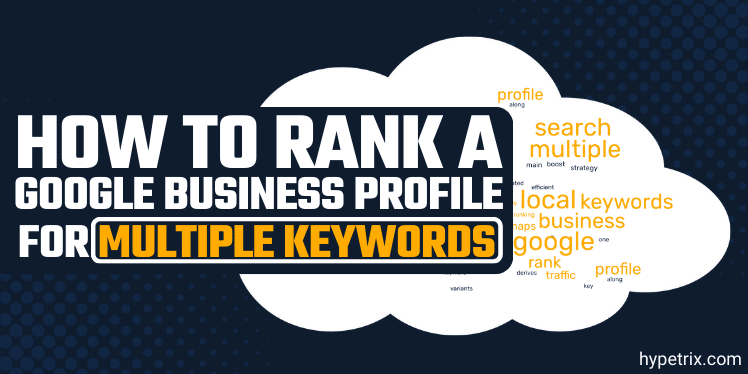
How To Rank The Google Business Profile For Multiple Keywords
Ranking your Google Business Profile for multiple keywords in local search is a highly efficient strategy to boost local search traffic.
If you’re like most local businesses, your main business derives from one key keyword, along with its related variants and synonyms. Imagine you could double your traffic, conversions,
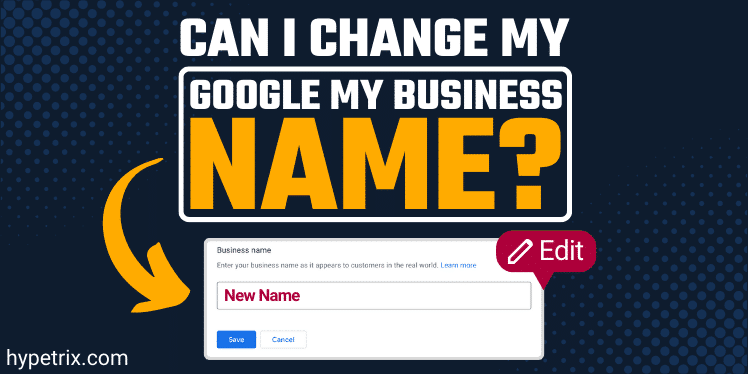
How to Change The Google Business Profile Name? (without suspension)
Yes, you can change the Google Business Profile name. (GBP, former Google My Business) The name is one of the main features of the GBP. Changing your Google Business Profile can impact a bunch of things. Read on to leverage one of the biggest local ranking factors.
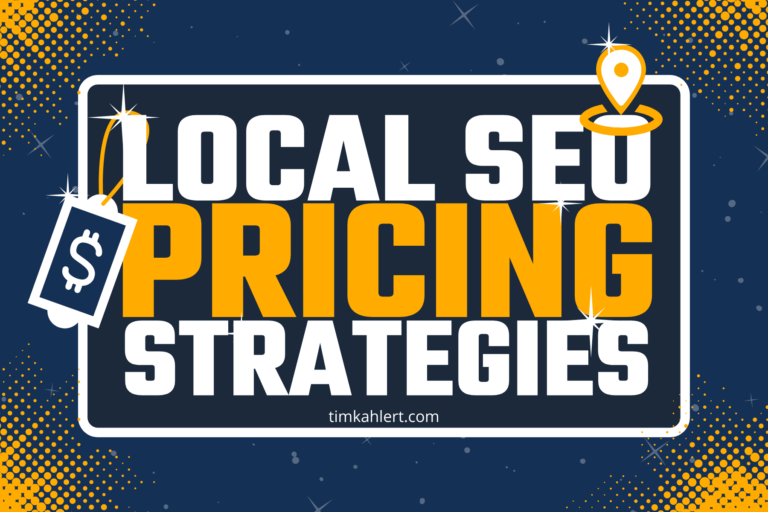
The Ultimate Guide to Local SEO Pricing in 2024
How Much Does Local SEO Cost in 2024? Local SEO costs between $300 and $10,000 monthly for agency services. The pricing depends on your business’s specific needs, the quality of the services, and the competition level. While freelancers may charge less, some agencies may charge more for specific projects or


